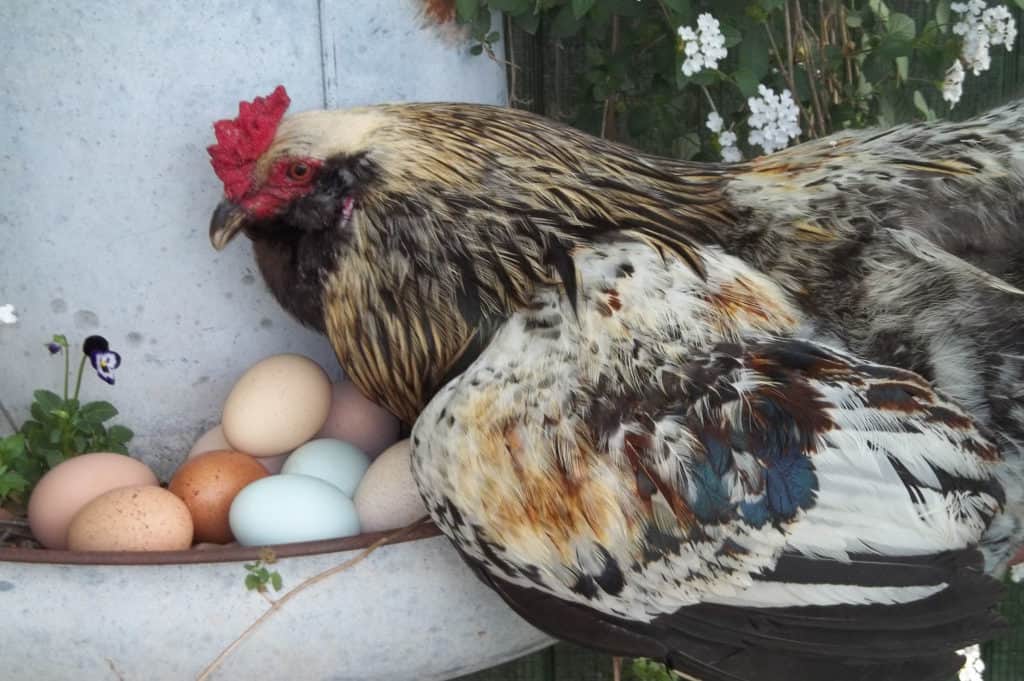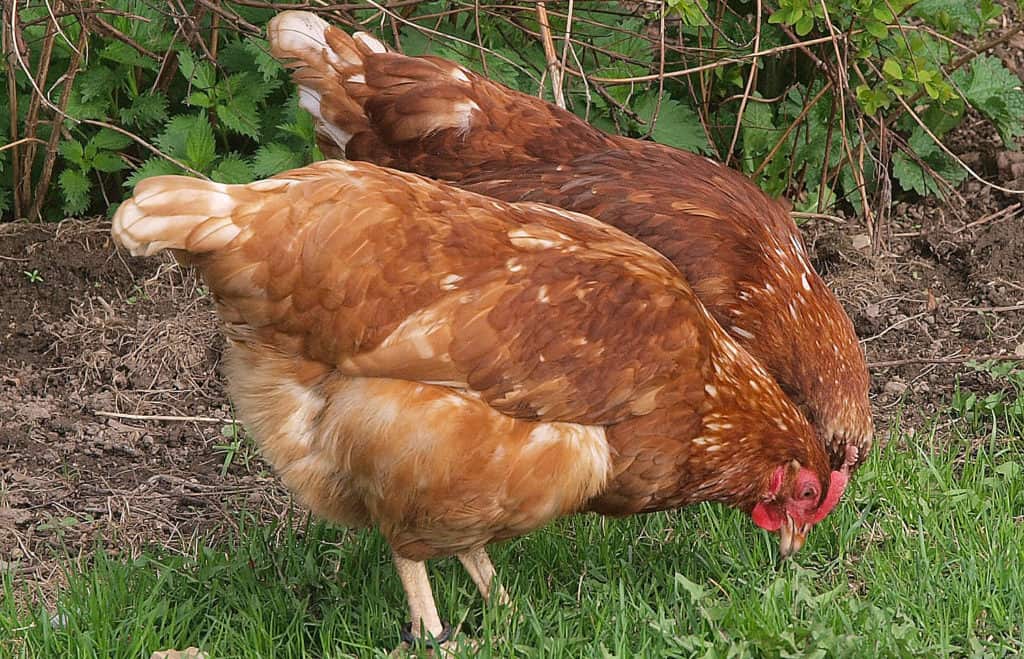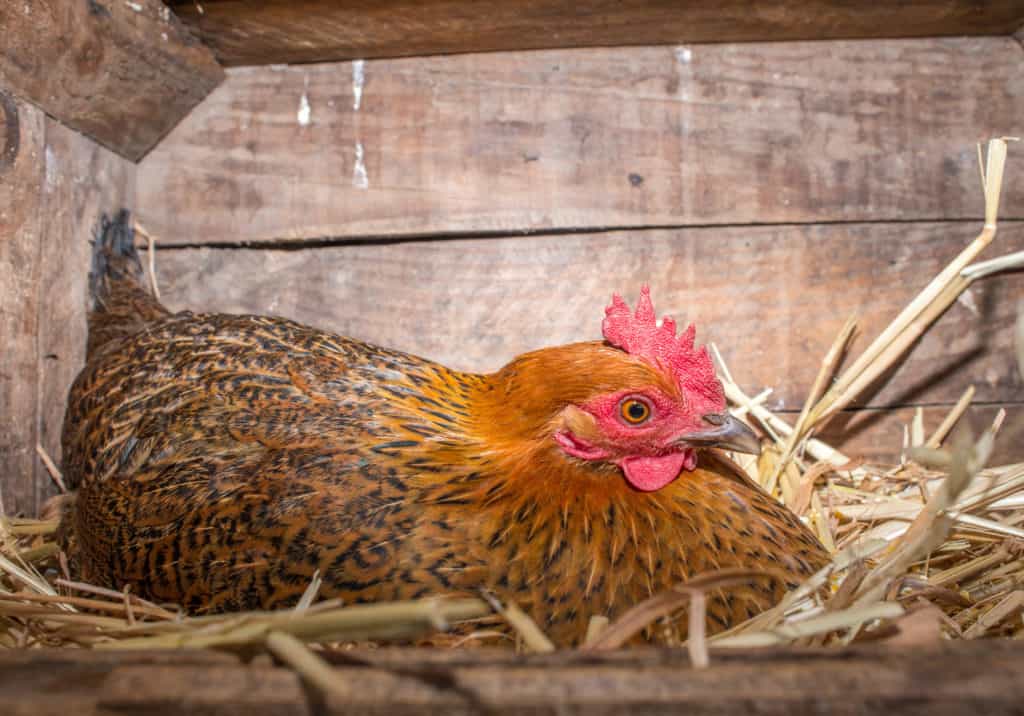Do Chickens Need A Rooster To Lay Eggs? Everything You Need To Know
Chickens are incredible creatures, and their egg-laying capabilities have fascinated humans for centuries. However, one question that often arises is whether chickens need a rooster to lay eggs. The answer to this query is not as straightforward as you might think. Understanding the biology and behavior of chickens is essential to answering this question accurately.
In this article, we will explore the role of roosters in egg production and whether their presence is necessary for hens to lay eggs. By the end of this article, you will have a clear understanding of the relationship between hens, roosters, and egg-laying.
Whether you're a backyard chicken keeper or simply curious about poultry, this article will provide you with all the information you need to make informed decisions about your flock.
- Harry Melling Movies And Tv Shows A Comprehensive Guide To His Acting Career
- Discover The Magic Of Surprise Songs By Taylor Swift
Table of Contents
- The Biological Process of Egg-Laying
- The Role of a Rooster in Egg Production
- Fertilized vs. Unfertilized Eggs
- Benefits of Having a Rooster
- Challenges of Keeping a Rooster
- How to Choose if You Need a Rooster
- Factors Affecting Egg Production
- Common Myths About Chickens and Roosters
- Tips for Backyard Chicken Keepers
- Conclusion
The Biological Process of Egg-Laying
Understanding the biological process of egg-laying is crucial to answering the question: do chickens need a rooster to lay eggs? Hens have a unique reproductive system that allows them to produce eggs without the need for fertilization. This process involves the ovaries and oviduct, where the egg is formed and eventually laid.
How Do Hens Lay Eggs?
Hens begin laying eggs once they reach sexual maturity, typically around 18-24 weeks of age. The egg-laying process starts in the ovary, where the yolk is developed. The yolk then moves into the oviduct, where layers of albumen (egg white), membranes, and the shell are added sequentially. This entire process takes approximately 24-26 hours.
Interestingly, hens can lay eggs regardless of the presence of a rooster. The eggs laid without fertilization are unfertilized eggs, which are perfectly safe for human consumption. Fertilized eggs, on the other hand, occur only when a rooster mates with a hen.
- Maximize Your Savings With Valvoline Coupon Full Synthetic The Ultimate Guide
- What Airport Code Is Yul A Comprehensive Guide To Montrealtrudeau Airport
The Role of a Rooster in Egg Production
While hens do not require a rooster to lay eggs, the presence of a rooster plays a vital role in the fertilization of eggs. Roosters are responsible for mating with hens, which results in the production of fertilized eggs. These eggs can develop into chicks if incubated under the right conditions.
What Happens When a Rooster Mates with a Hen?
When a rooster mates with a hen, sperm is transferred to the hen's reproductive system. The sperm can remain viable in the hen's body for up to 3-4 weeks, allowing multiple eggs to be fertilized over time. This process ensures that the hen can produce fertilized eggs even if the rooster is not present for an extended period.
Fertilized vs. Unfertilized Eggs
One of the most common questions among chicken enthusiasts is the difference between fertilized and unfertilized eggs. Both types of eggs are nutritionally identical, but their purpose and potential differ significantly.
- Fertilized Eggs: These eggs have the potential to develop into chicks if incubated under the right conditions. They contain a developing embryo and are typically consumed by those who raise chickens for breeding purposes.
- Unfertilized Eggs: These eggs are laid by hens without the involvement of a rooster. They are safe for human consumption and are the type of eggs most commonly found in grocery stores.
Benefits of Having a Rooster
Although roosters are not necessary for egg production, they offer several benefits to a flock. Understanding these advantages can help you decide whether to include a rooster in your backyard setup.
Protection and Leadership
Roosters are natural leaders and protectors of the flock. They are highly vigilant and will defend their hens against predators. Additionally, roosters often lead the flock to food sources and ensure that all hens have access to adequate resources.
Studies show that flocks with roosters tend to be more cohesive and less prone to bullying among hens. This can contribute to a more harmonious and productive environment.
Challenges of Keeping a Rooster
Despite their benefits, keeping a rooster comes with its own set of challenges. Before deciding to include a rooster in your flock, it's essential to weigh the potential drawbacks.
Noisy Behavior
Roosters are known for their loud crowing, which can be a nuisance to neighbors. In urban or suburban areas, noise restrictions may prohibit keeping roosters. Additionally, roosters may crow at irregular hours, disrupting the peace and quiet of your household.
Aggressive Tendencies
Some roosters can become aggressive, especially if they feel threatened or territorial. This behavior can pose a risk to humans and other animals. Proper training and socialization can help mitigate these issues, but it requires time and effort.
How to Choose if You Need a Rooster
Deciding whether to include a rooster in your flock depends on your goals and circumstances. Consider the following factors when making your decision:
- Breeding Goals: If you plan to breed chickens, a rooster is essential for fertilizing eggs.
- Space and Regulations: Check local regulations regarding the keeping of roosters. Ensure you have enough space to accommodate a rooster and its flock.
- Noise Tolerance: Evaluate your tolerance for noise and your neighbors' potential concerns about rooster crowing.
Factors Affecting Egg Production
Regardless of whether you have a rooster, several factors influence the egg-laying capabilities of your hens. Understanding these factors can help you optimize egg production in your flock.
Diet and Nutrition
A well-balanced diet is crucial for maintaining optimal egg production. Hens require a diet rich in protein, calcium, and other essential nutrients. Providing high-quality feed and supplements can ensure that your hens remain healthy and productive.
Research from the Poultry World suggests that hens with proper nutrition can lay up to 300 eggs per year, depending on breed and genetics.
Common Myths About Chickens and Roosters
There are several misconceptions surrounding chickens and roosters. Dispelling these myths can help you make informed decisions about your flock.
Myth: Hens Cannot Lay Eggs Without a Rooster
This is one of the most common myths. As explained earlier, hens can and do lay eggs without the presence of a rooster. The only difference is that these eggs are unfertilized and cannot develop into chicks.
Tips for Backyard Chicken Keepers
If you're a backyard chicken keeper, here are some practical tips to ensure your flock remains healthy and productive:
- Provide a clean and comfortable living environment for your chickens.
- Monitor your hens' health regularly and consult a veterinarian if necessary.
- Ensure your chickens have access to fresh water and a balanced diet at all times.
Conclusion
In conclusion, chickens do not need a rooster to lay eggs. Hens can produce eggs independently, and these eggs are perfectly suitable for consumption. However, if you're interested in breeding chickens, a rooster is necessary for fertilizing eggs.
We encourage you to share your thoughts and experiences in the comments section below. If you found this article helpful, don't forget to share it with fellow chicken enthusiasts. For more informative articles on poultry care and management, explore our website and stay updated on the latest trends in chicken keeping!
- Discover The Legacy Of Amc Roosevelt Field Mall
- How Old Is Jz A Comprehensive Guide To Jayzs Age And Legacy

Do Hens Lay Eggs Without a Rooster?

Do Hens Lay Eggs Without a Rooster?

Do Hens Lay Eggs Without a Rooster?